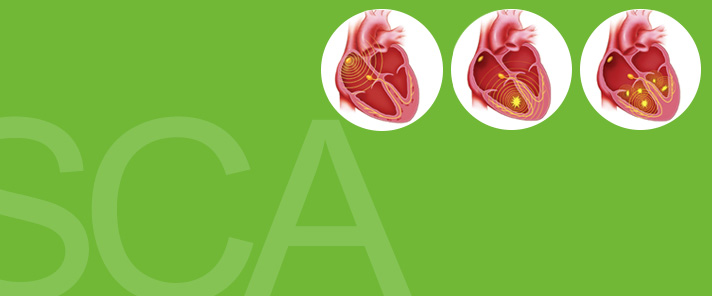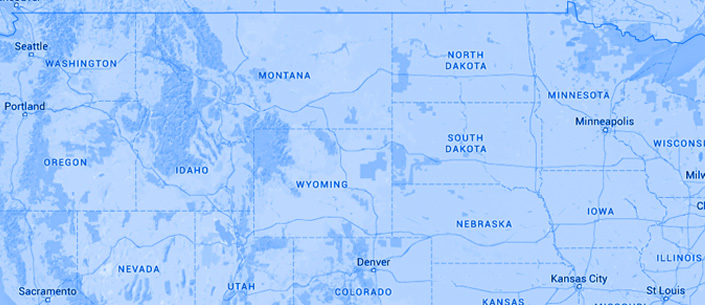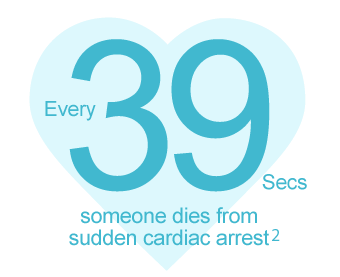What is Sudden Cardiac Arrest?

Sudden Cardiac Arrest Is Not the Same as a Heart Attack
Watch video
Sudden Cardiac Arrest is defined as an electrical problem, caused by an arrhythmia (irregular heartbeat) that prevents the heart from pumping blood to the brain and vital organs. A person experiencing Sudden Cardiac Arrest is unconscious and not breathing.
Factors such as high blood pressure or heart disease increase the risk for Sudden Cardiac Arrest. It’s not uncommon for a person to have a heart problem and not be aware of it until after Sudden Cardiac Arrest has occurred.

Find a doctor
Find an electrophysiologist in your area trained and experienced in the cutting-edge EMBLEM MRI S-ICD technology.
Search now
Hear from S-ICD System patients
Meet real S-ICD System patients as they share their stories and personal journeys.








